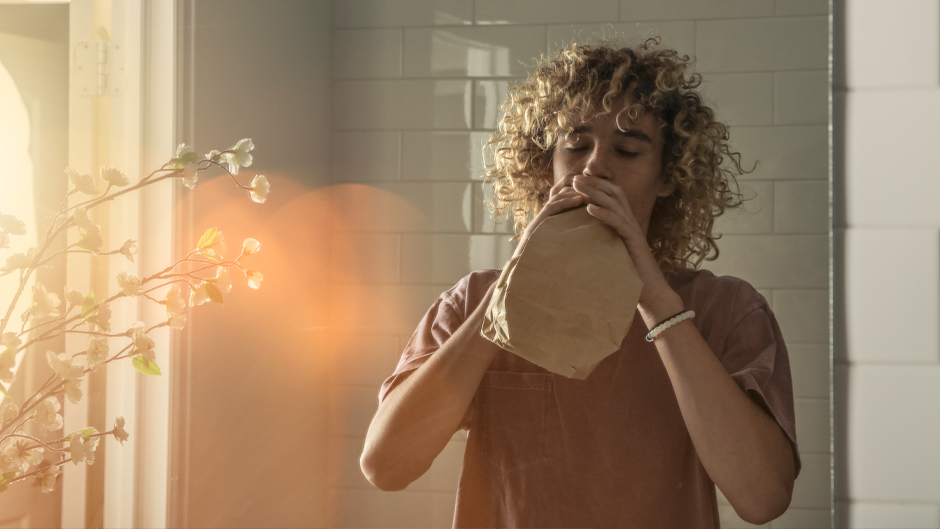Annoying, unexpected, and incessant.
Hiccups.
We all get them. We all hate them. We’re talking, and suddenly a pop erupts from our mouths. Breathing stops during the pop. Immediately, we try to stop the annoying condition.
Good luck with that.
Medical experts say that hiccups are caused by repetitive, involuntary contractions of the diaphragm, or breathing muscle that sits just below the lungs and near the stomach, and then is followed by closure of the vocal cords. That gives hiccups its characteristic sound.
Why it happens is anyone’s guess.
“We believe that bloating of the stomach caused by overeating, eating rapidly, or gulping down drinks—especially carbonated drinks—exacerbate the risk [of getting hiccups],” said Arlette Perry, a professor in the Department of Kinesiology and Sport Sciences at the University of Miami School of Education and Human Development.
“Even getting suddenly excited or scared can cause one to suddenly have hiccups,” she said.
Fortunately, most hiccups last a short time, somewhere between one and five minutes. However, there are historical accounts of people who have had the condition for weeks and even years. The Guinness World Records confirmed that an Iowan man by the name of Charles Osborne hiccupped for 68 years.
Hiccups are mostly harmless, but if the condition persists, doctors recommend seeing a medical professional.
There is a myriad of remedies for halting hiccups. The National Health Service, a publicly funded health service in England, shares these recommendations:
- Breathe into a paper bag (but do not put it over your head).
- Pull your knees up to your chest and lean forward.
- Sip ice-cold water.
- Swallow some granulated sugar.
- Bite on a lemon or taste vinegar.
- Hold your breath for a short time.
Robynne Redmon, associate professor at the Phillip and Patricia Frost School of Music, teaches classical singing and voice.
“There is no way to prevent hiccups because it is some nerve that triggers your diaphragm to spasm,” she said.
But she does believe that there is a method to help in getting rid of them.
“Honestly if you look at all the remedies to try to stop hiccups, they all have to do with disturbing the breathing pattern,” she said. “You are drinking water upside down not really because it helps you, but because you are focusing on something else, and you are also bending over. So, this causes a disruption of your breathing pattern.”
That is also true of the advice to hold your breath or holding your breath and swallowing 10 times, she said. These measures help you to focus on different muscle groups and stop the spasms, she said.
In her many years as a professional singer, Redmon does not recall any performer developing hiccups, or even coughing, during a performance.
“Somehow something about the activity [of singing] where we close our glottis (vocal cords) and compress the breath must help,” she said. “I have never heard anyone hiccupping or coughing while they are singing.”

